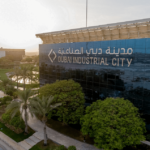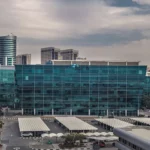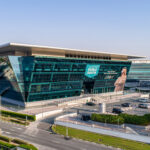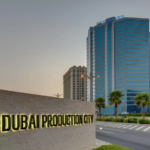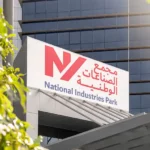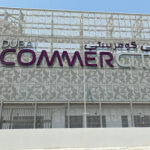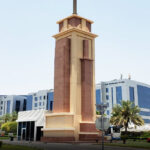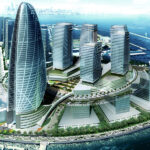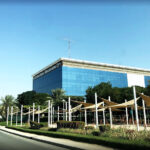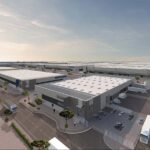The Evolution and Impact of Dubai Free Zones
The establishment of the Jebel Ali Free Zone (JAFZA) in 1985 marked a significant turning point in the United Arab Emirates’ (UAE) approach to foreign investment. This pioneering move forever transformed the business setup landscape in Dubai, leading to the creation of over 40 free zones. These free zones offer a business-friendly environment for foreign investors, with benefits such as 100% ownership, exemption from export/import duties, total repatriation of capital and profit, and access to state-of-the-art infrastructure.
The Attractiveness of Dubai Free Zones
Dubai free zones are a magnet for foreign investors due to their less stringent regulations compared to the mainland. The setup process is straightforward, with all services conveniently available under one roof. To expedite license clearance, foreign investors can engage the services of business setup consultants in Dubai. This article delves into the features, processes, and requirements associated with Dubai company formation.
Conducting Business in Dubai Free Zones
Each free zone operates under its own set of procedures and regulations. Companies registered in a free zone are not permitted to conduct business on the mainland. They are only allowed to serve customers within the free zone or engage in import and export activities. However, certain free zones, such as the Dubai Multi Commodities Centre (DMCC), allow companies to operate on the mainland through a Dual License, subject to the conditions and regulations of the Department of Economic Development (DED).
Industry-Specific Free Zones
Most of Dubai’s free zones are designed around a specific business activity, offering facilities and licenses to promote the respective industry. For example, the Dubai Multi Commodities Centre (DMCC) is a hub for companies trading in commodities like coffee, gold, and silver. Dubai Silicon Oasis (DSO) aims to attract investments in the tech industry, while JAFZA caters to industrial, logistics, and manufacturing companies. Dubai CommerCity is the UAE’s first e-commerce free zone, and Dubai International Financial Centre (DIFC) focuses on the financial services industry.
Types of Company Structures in Dubai Free Zones
There are over 30 active free zones in Dubai where investors can register their companies. Each free zone is regulated by an independent authority that issues licenses and enforces regulations. Depending on the number of shareholders, the free zones mainly permit the following types of legal structures:
Free Zone Establishment (FZE)
Free Zone Company (FZCO)
Branches of Existing Companies
Major Business Licenses in Dubai Free Zones
A business license is a crucial prerequisite for opening a company in Dubai free zones. The most popular trade licenses provided by most of the free zones in Dubai include E-commerce License, General Trading License, Trading / Commercial License, Service License, and Industrial License. Many free zones provide certain exclusive licenses based on the activities. Business setup consultants in Dubai can provide entrepreneurs with a list of licenses issued by each free zone authority.
The Process of Dubai Free Zone Company Formation
Incorporating an entity in a Dubai Free Zone involves a straightforward set of rules. The following steps are necessary to obtain a Dubai free zone company license:
- Determine the activities
- Select an appropriate legal structure
- Select a name for the company
- Choose an office space or Desk
- Get initial approval
- Register the business
- Obtain the Dubai free zone license
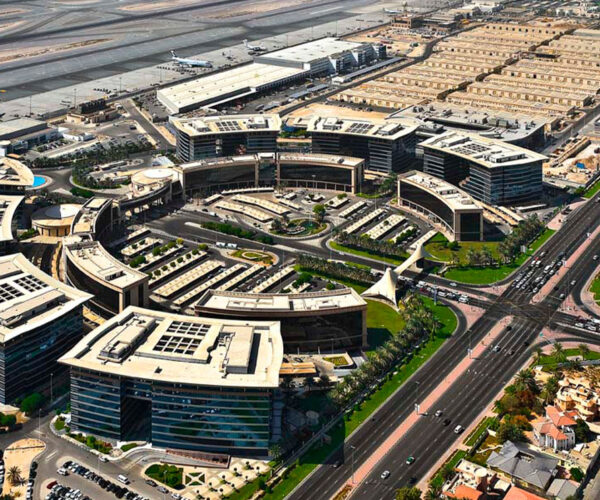
Value Added Tax in Dubai Free Zones
Despite being a no-tax jurisdiction, the UAE government imposes a Value Added Tax (VAT) on taxable goods and services at a nominal rate of 5%. The Federal Tax Authority (FTA) has classified certain free zones as Designated Zones that are subject to special VAT rules. Transactions of goods within the Designated Zones are out of the scope of VAT. However, goods transacted to a Designated Zone from a non-Designated Zone, or vice versa, are subject to VAT. The Designated Zone status is an important factor when selecting a free zone for forming a company in Dubai.
Comprehensive List of Free Zones in Dubai
Dubai offers a wide range of free trade zones for company formation, including:
Need Assistance?
PW offers comprehensive services covering essential requirements such as visa processing, document drafting, government liaising, bank account opening, and more. Our team of business setup consultants, PRO service executives, and compliance advisers ensures a hassle-free company incorporation process in Dubai Free Zones





